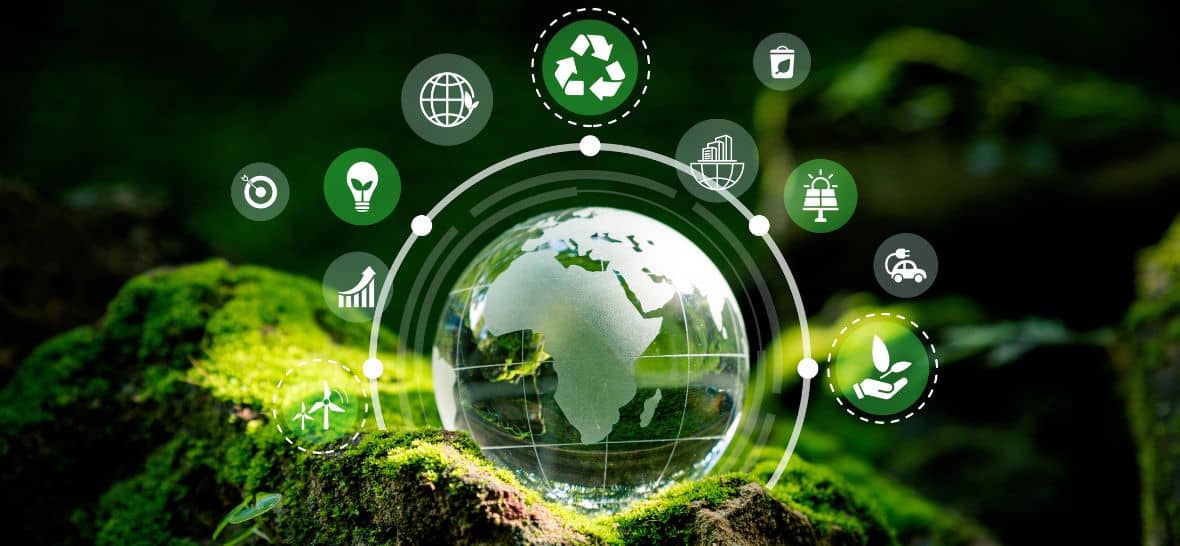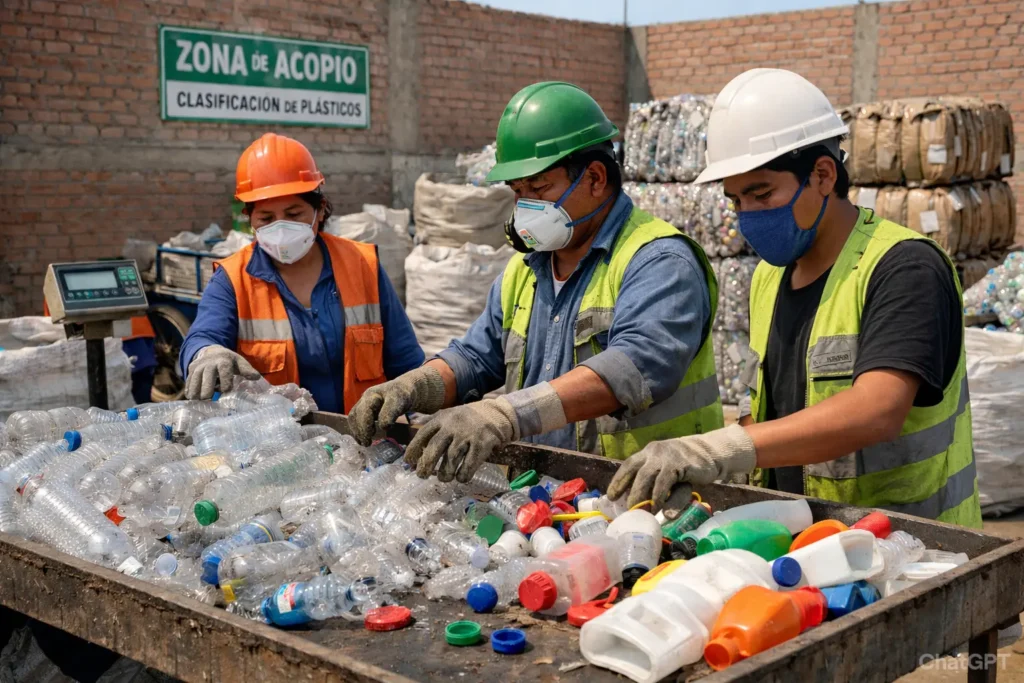Adopting science-based climate goals is key for companies to ensure their profitability, competitiveness and impact.
Pia Zevallos - Libélula General Manager
The temperature increase of the planet must not exceed 1.5 °C with respect to pre-industrial values to avoid the most catastrophic effects of climate change. Today we have already reached 1.2 °C and we know that part of the impacts are irreversible. Science tells us that we must adapt and drastically reduce greenhouse gas (GHG) emissions to reach net zero as soon as possible.
Companies can play a pivotal role in the path to a resilient, low-carbon economy by setting targets to limit their GHG emissions and adapt, along their entire value chain. The Science Based Targets initiative (SBTi) is an international effort to incorporate the private sector's contribution to the global goal of the Paris Agreement and guide private organizations in reducing GHGs through science-based targets.
According to the SBTi 2024 report, more than 8,000 companies worldwide are already working on science-based targets. This number of companies increased by 102% compared to the previous year, of which 83% corresponds to financial institutions (banks, insurers, etc.). This shows that financial flows are starting to align with decarbonization, which will result in aligned demands for the other sectors.
Companies such as Coca-Cola HBC, Dell y P&G have demonstrated that under the deployment of their science-based targets they achieved between 20 to 40% of reduction in energy consumption as a direct benefit. Colgate-Palmolive y Sony also report reductions of up to 80% less plastic in their products (SBTi, n.d.). A recent study by Carbon Disclosure Project further revealed that companies such as these are 67% more likely to experience a reduction in operating costs. Kellogg'sThe multinational food manufacturing company has successfully engaged 75% of its suppliers in the deployment to achieve its goal of reaching zero net emissions, while achieving a more resilient and sustainable supply chain.
This is a strategic opportunity for companies to address climate change. By decarbonizing their own business models, they improve their profitability, meet expectations for climate change-related information, increase stakeholder confidence, drive innovation and anticipate regulatory, policy and market developments.
Although Latin America only represents 2% of the companies associated with the SBTi initiative, more and more companies will be challenged to follow these cooperation guidelines to amplify the impact of the efforts of larger companies and generate synergies that benefit the entire planet.
Today, Peruvian companies have an opportunity to link science-based objectives to their business strategy, to transform the climate challenge into a competitive advantage and contribute to a more sustainable future for all. Joining the initiative involves, as a first step, measuring your company's carbon footprint. Knowing the behavior of your emissions will become the starting point to drive business transformation, essential to continue addressing climate change and generating sustainable opportunities for all Peruvians.
Column published in the Gestión Newspaper




